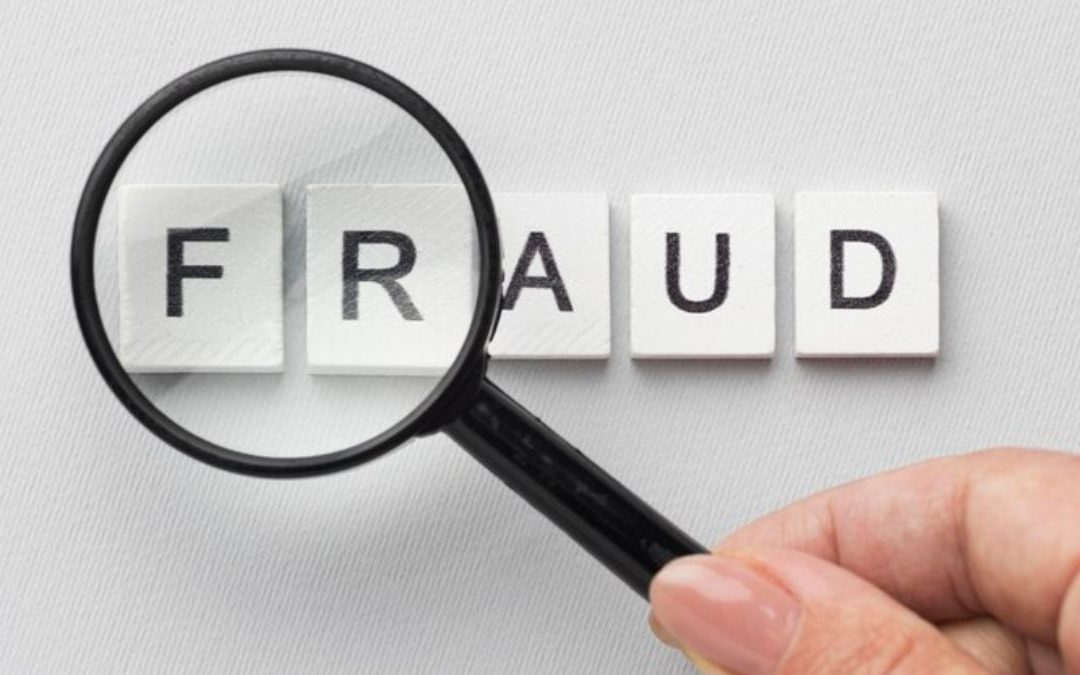A high-ranking executive at a multinational company in Bengaluru was ensnared in a 10-hour “digital arrest” scam, resulting in a staggering loss of Rs 51 lakh. The victim, who heads product marketing, was misled into believing she was under investigation by law enforcement.
What Happened
On September 17, around 9:50 am, the victim received a call from scammers posing as FedEx representatives. After pressing 9 as instructed, she spoke with someone named Ashwin Kumar, who claimed that her Aadhaar details had been used to send a parcel containing MDMA to Iran, which had been intercepted by the Mumbai police.
The call was then transferred to a person identifying as Pradeep from the Mumbai cybercrime department, who informed her that her Aadhaar card was linked to illegal activities in Jammu & Kashmir, West Bengal, and Karnataka.
“I was then asked to join a Skype call with someone claiming to be DCP Milind Bharambe from Maharashtra,” the victim recounted. Bharambe alleged that illegal accounts had been opened using her Aadhaar and that Rs 9.7 crore had been funneled through them for drug trafficking, money laundering, and funding terrorist activities.
The victim was told to keep the matter confidential and informed that she was under “digital house arrest.” The call then shifted to a person named George Mathew from the Reserve Bank of India, who warned her that even a single rupee of black money could result in a seven-year prison sentence.
Mathew directed her to access her bank’s mobile app and add eight beneficiaries. He then asked her to check the pre-approved loan section, where he claimed she qualified for a Rs 2.5 crore loan that would be used for the investigation. Following their instructions, her account was credited with Rs 49,92,921, which the fraudsters swiftly transferred along with other funds, totaling Rs 51.2 lakh.
Throughout the ordeal, which lasted ten hours, the victim was deprived of food and water. When she later attempted to contact the scammers about a promised refund, they did not respond. Realizing she had been duped, she immediately reached out to the cyber helpline at 1930 for assistance.






